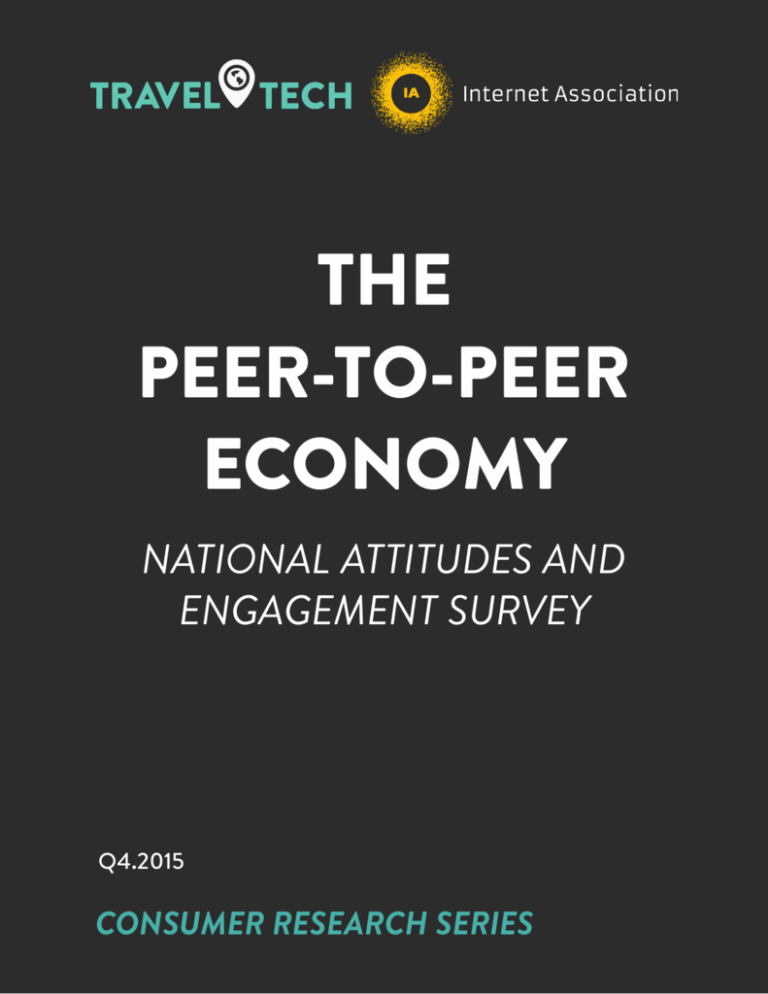
ta
THE
PEER-TO-PEER
ECONOMY
NATIONAL ATTITUDES AND
ENGAGEMENT SURVEY
Q4.2015
CONSUMER RESEARCH SERIES
SUMMARY +
MAJOR FINDINGS
THE CONTINUAL GROWTH AND WIDESPREAD
POPUL ARIT Y OF THESE PL ATFORMS IS
UNDENIABLE
Peer-to-peer platforms have become vital to American travelers and
consumers. This nationwide consumer survey commissioned jointly by the
Travel Technology Association and the Internet Association shines a light on
America’s emerging sharing economy culture.
1 in 2 Americans report engaging the peer-to-peer economy in 2015
(46%), up 144% from 19% as reported by PricewaterhouseCoopers in
December 2014.
1 in 4 report engaging short-term rental platforms (23%), up 277% from
6%.
1 in 4 report engaging ridesharing platforms (28%), up 249% from 8%.
The millions who utilize these platforms are not users of siloed tools but
members of a broader culture.
Whether booking on HomeAway, Airbnb, and Flipkey or riding with Uber, Lyft,
and Sidecar, users are not only flocking to but also deriving immense value
from peer-to-peer solutions. 2
SHORT-TERM RENTAL
AMERICANS, GENERAL POPULATION
PRIMARY FINDINGS
1 in 5 Americans have been a short-term rental guest
(19.47%)
More than 1 in 3 rate STRs as valuable or extremely valuable
(35.69%).
1 in 2 believe local and state lawmakers should ensure that
short-term/vacation rentals continue to be a travel option
for American consumers by legalizing and smartly regulating
the activity (47.2%).
Two thirds of Americans believe the short-term/vacation
rental economy provides a valuable alternative to traditional
lodging options like hotels (61.16%).
1 in 3 Americans would be less inclined to visit a city if it
banned STRs (33.53)
1 in 2 anticipates they or a family member will be a STR guest
in the next two years (48.08%).
SECONDARY FINDINGS
The use of STR platforms is evenly distributed by age, with
each age bracket accounting for approximately one fourth of
total usage.
Individuals between the ages of 18-29 are more likely to act
as STR hosts (at 8.82%) than any other age cohort.
More than 1 in 4 Americans reporting no previous usage of
STRs believe they would be less inclined to visit if STRs were
3
banned (26.3%). Therefore using an STR nearly reverses
people’s opinion on this subject (as previous STR guests
report 59.09%).
Individuals between the ages of 18-29 are more likely to
consider the availability of STRs when making travel plans
(37.87%) while individuals over the age of 60 are not
(32.14%)
About half of STR hosts do not plan to host in the next two
years (48.84%) this seems to indicate that hosting, unlike
hotel proprietorship, is an activity from which people come
and go.
PREVIOUS USERS, COMPARATIVE
PREVIOUS SHORT-TERM RENTAL ENGAGEMENT
9 in 10 rate STRs as valuable or extremely valuable (89.9%).
Moreover, of over 1000 survey respondents, none rates the
impact of STRs as negative.
2 in 3 believe Local and state lawmakers should ensure that
short-term/vacation rentals continue to be a travel option
for American consumers by legalizing and smartly regulating
the activity (65.16%).
9 in 10 believe the short-term/ vacation rental economy
provides a valuable alternative to traditional lodging options
like hotels (91.92%)
6 in 10 would be less inclined to visit a city if it banned STRs
(59.09%).
9 in 10 anticipates they or a family member will be a STR
guest in the next two years (88.38%)
1 in 6 anticipates they or a family member will become an STR
host over the next two years (16.93%).
4
PREVIOUS RIDESHARING ENGAGEMENT
3 in 4 plan to use an STR in the next two years (72.58%).
Individuals who have previously been a ridesharing driver or
passenger are more likely than the average American to
become STR guests (37.50% riders, 44.4% drivers)
Individuals who have previously been ridesharing drivers are
more likely to also be STR hosts (30.56%).
1 in 3 plans to host a short-term rental in the next two years
(29.41)
Americans who have been a ridesharing passenger or driver
are more likely to rate STRs as valuable or extremely valuable
(56.85% riders, 61.11% drivers).
Most Americans who have interacted with ridesharing
platforms believe local and state lawmakers should ensure
that short-term/vacation rentals continue to be a travel
option for American consumers by legalizing and smartly
regulating the activity (70.42%).
Most Americans who have been a ridesharing passenger
believe the short-term/vacation rental economy provides a
valuable alternative to traditional lodging options like hotels
(81.85%).
5
RIDESHARING
AMERICANS, GENERAL POPULATION
PRIMARY FINDINGS
1 in 4 American have been a ridesharing passenger (24.39%)
More than 1 in 3 rate ridesharing platforms as valuable or
extremely valuable (37.27%).
1 in 2 anticipate they or a family member will utilize a
ridesharing platform in the next two years (45.16%)
1 in 3 anticipate they or a family member will utilize
ridesharing platform carpool services in the next two years
(29.32%)
SECONDARY FINDINGS
Individuals between the ages of 18-29 were more likely to
report using platforms, accounting for one third of all usage
(33.09%)
Individuals between the ages of 18-29 are more likely to be
riders (at 32.72%) and to act as drivers (at 5.51%) than any
other age cohort.
Americans who have used ridesharing are less likely to feel
negatively about the services (4.44%).
Individuals between the ages of 18-44 are more likely to view
ridesharing as extremely valuable (20.96%: 18-29, 18.46%:
30-44) while individuals above the age of 45 are more likely
to hold no opinion on the issue (56.04%: 45-59, 62.29%:
60+)
6
Previous passengers are more likely to be open to carpool
options (58.33%)
Individuals between the ages of 18-29 are more likely to
anticipate using ridesharing over the next two years
(55.35%).
Individuals between the ages of 18-29 are more likely to
anticipate using ridesharing carpool options over the next
two years (40.91%) and more likely to be open to carpool
options (29.55%) while individuals over the age of 60 are
more likely to be certain they would not interact with the
carpool options (71.15%) and more likely to be sure of this
fact (90.38%).
The same trend holds with driving: Individuals between the
ages of 18-29 are more likely to anticipate driving for
ridesharing platforms over the next two years (17.80%) and
are more likely to be open to driving (26.52%) while
individuals over the age of 60 are more likely to be certain
they would not drive (78.85%) and more likely to be sure of
this fact (90.38%)
TERTIARY FINDINGS
Males report engaging as ridesharing drivers at more than
double the rate of females (5.02% males, 2.23% females)
Out of over 1000 respondents no ridesharing driver rated
STRs as not valuable or having negative impact.
PREVIOUS USERS, COMPARATIVE
PREVIOUS RIDESHARING ENGAGEMENT
9 in 10 rate the platforms as valuable or extremely valuable
(88.71%).
7
9 in 10 anticipate they or a family member will utilize a
ridesharing platform in the next two years (90.73%)
1 in 6 anticipate they or a family member will become a driver
through a ridesharing platform in the next two years
(16.81%).
PREVIOUS SHORT-TERM RENTAL ENGAGEMENT
Individuals who have previously been STR guests or hosts are
more likely than the average American to utilize ridesharing
platforms (46.97% guests, 25% hosts)
Americans who have previously been STR guests are more
likely to rate ridesharing platforms as valuable or extremely
valuable (50.0%)
2 in 3 guests plan to use ridesharing in the next two years
(62.44%)
1 in 4 hosts plan to be a ridesharing driver in the next two
years (23.81%)
8
SURVEY METHODOLOGY
This survey was conducted online from November 23 to 24, 2015 by
SurveyMonkey among a national sample of 1,017 adults aged 18 and over.
Respondents for this survey were selected from the nearly three million
people who take surveys on the SurveyMonkey platform each day.
Data for this survey have been weighted for age, gender, household income,
region, and device type using U.S. Census Bureau data to reflect the
demographic composition of the United States.
The margin of error is +/-3 percentage points with a confidence rate of 95
percent.
9
THE TRAVEL
TECHNOLOGY
ASSOCIATION
ABOUT
The Travel Technology Association is the trade association for the travel
technology industry, and is dedicated to promoting public policy that helps
connects consumers and travel providers, eliminates barriers to travel, and
protects the traveling public.
Travel Tech members include: Orbitz, Expedia, Priceline, Sabre, Amadeus,
Travelport, Skyscanner, Airbnb, HomeAway, TripAdvisor, CheapOAir, and
Vegas.com.
Learn more about the Travel Technology Association by visiting us
at TravelTech.org and following us on Twitter, @TravelTech.
CONTACT
Philip J. Minardi
pminardi@TravelTech.org
708.574.4075
10
THE INTERNET
ASSOCIATION
ABOUT
The Internet Association, the unified voice of the Internet economy,
represents the interests of the leading Internet companies.
Internet Association members include: Airbnb, Amazon, Auction.com,
Coinbase, Dropbox, eBay, Etsy, Expedia, Facebook, Fanduel, Gilt, Google,
Groupon, Handy, IAC, Intuit, LinkedIn, Lyft, Monster Worldwide, Netflix,
Pandora, PayPal, Pinterest, Practice Fusion, Rackspace, reddit,
Salesforce.com, Sidecar, Snapchat, SurveyMonkey, TripAdvisor, Twitter, Uber
Technologies, Inc., Yahoo!, Yelp, Zenefits, and Zynga.
The Internet Association is dedicated to advancing public policy solutions to
strengthen and protect Internet freedom, foster innovation and economic
growth, and empower users. CONTACT
Noah Theran
noah@internetassociation.org
www.InternetAssociation.org
11
TTA + IA
© 2015
ALL RIGHTS RESERVED

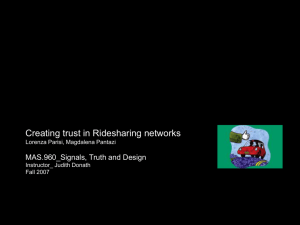
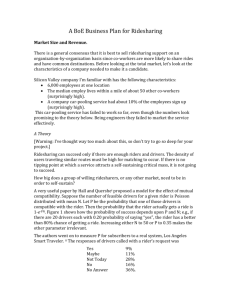

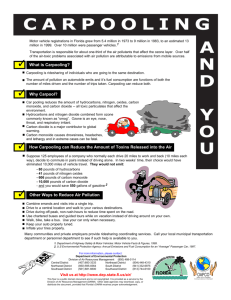
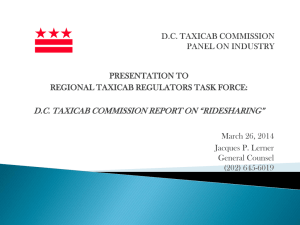
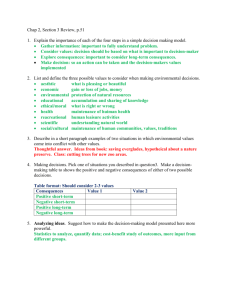
![[#PF-1998] subordintated taxa of Xenillidae](http://s3.studylib.net/store/data/007613529_2-36b265815b5d8ce7df1b35bae74e1254-300x300.png)
